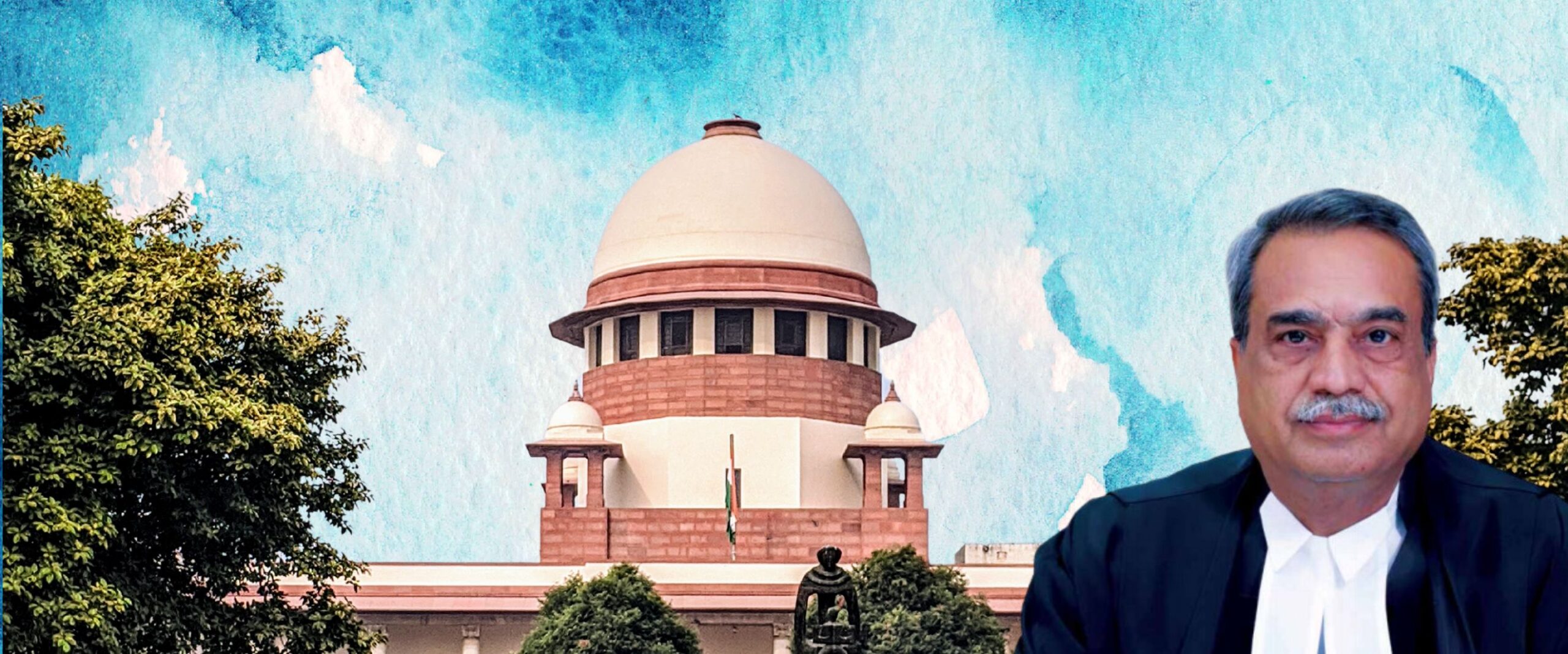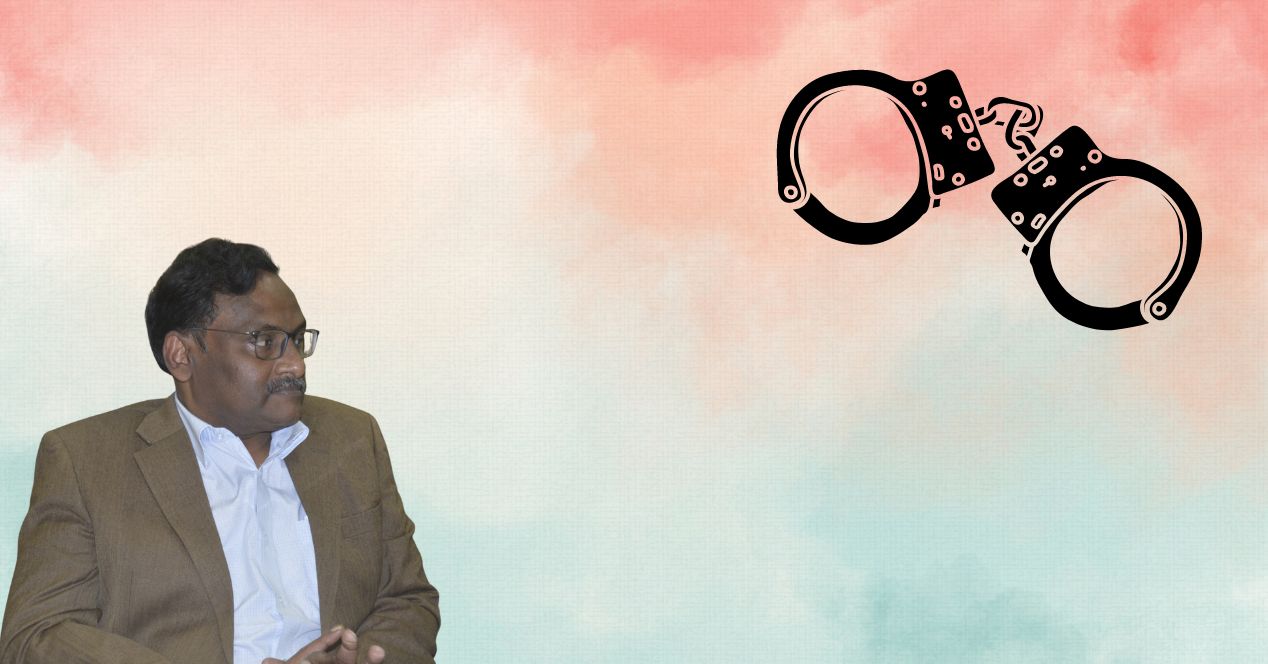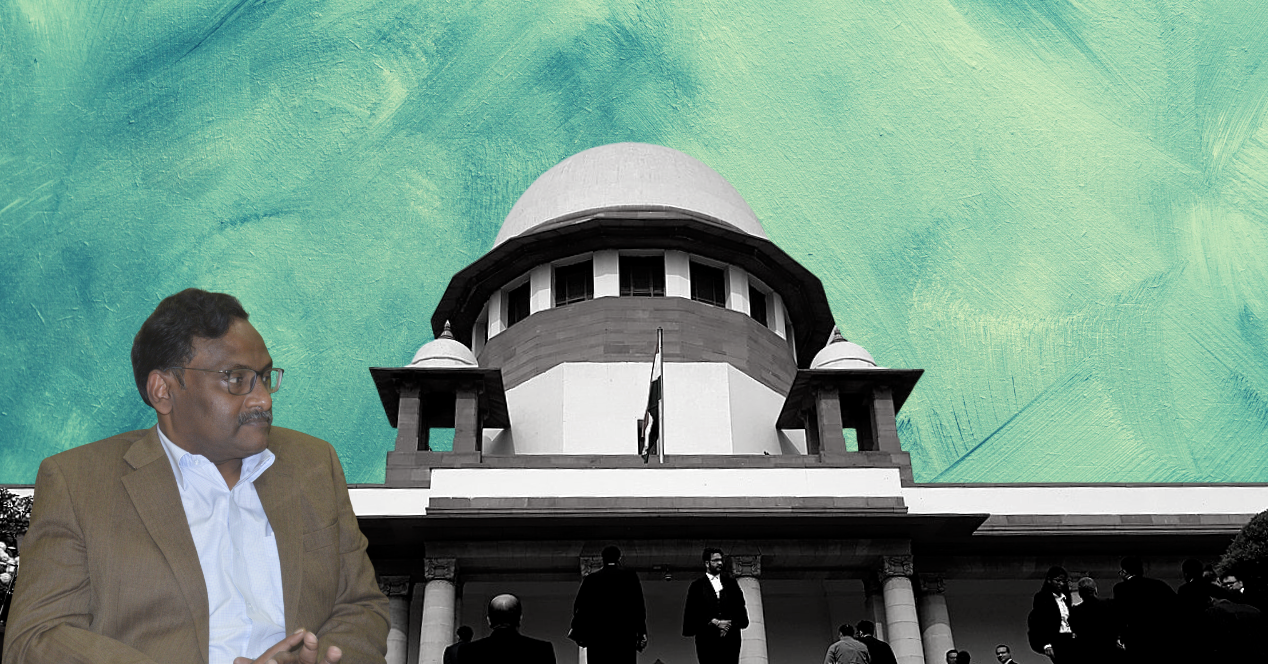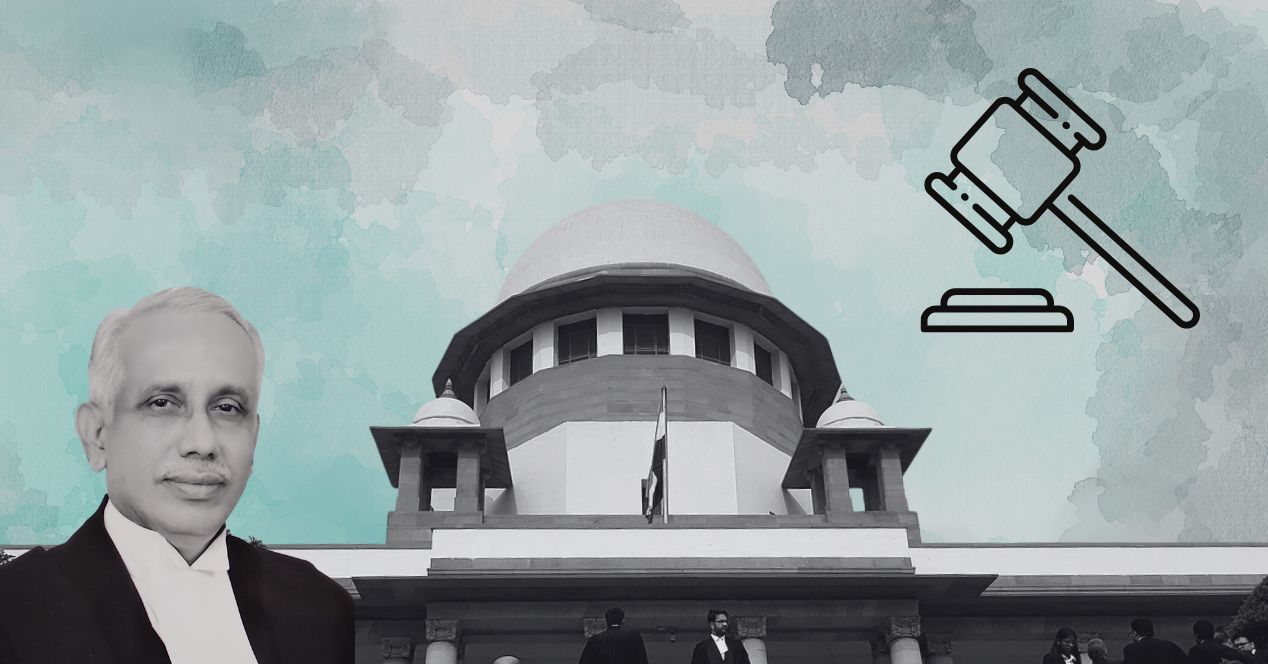Analysis
Justice M.R. Shah’s Notable Judgements and Orders
Justice Shah will retire on May 15th, 2023 after a 4-year SC tenure. He has authored the highest number of decisions among sitting Judges.

Justice M.R. Shah’s four year career at the Supreme Court is far from typical. He is well known as an outspoken, often humorous voice on every Bench he has presided over. Once, when reading an ‘incomprehensible’ Judgement from the Himachal Pradesh High Court he exclaimed ‘I did not understand anything…I had to use Tiger Balm!’.
His larger than life presence perhaps overshadows his staggering judicial output. Despite serving a relatively short tenure, he has by far authored the most Judgements (712) in comparison to his peers. The only other sitting Judge to break the 500 mark is CJI D.Y. Chandrachud (552).
However, his Judgements are often shorter in length compared to other Judges. Though the length of a Judgement often has no bearing on its impact, assessing his impact in important cases presents challenges.
Justice M.R. Shah: A Consistent Presence on Constitution Benches
Justice Shah has been part of the Bench in eight Constitution Bench cases. Similar to Justice Abdul Nazeer, who retired in January 2023 and was a part of 10 such cases, Justice Shah has not written a separate Judgement in any Constitution Bench cases.
As recently as May 11th, 2023, Justice Shah was a part of unanimous Judgements in the cases concerning the Shiv Sena rift in Maharashtra and the tussle between the Union and Delhi governments for administrative control of the NCT of Delhi. In 2020 alone, he was a part of six Constitution Bench decisions. These decisions ranged from giving the Union precedence over States when setting minimum prices for agricultural goods, to striking down 100% reservations for Scheduled Tribe school teachers in certain districts in Andhra Pradesh.
Addressing Justice Shah’s impact on the Court requires a different lens. So, what are his most impactful Judgements and Orders outside the limelight of a Constitution Bench?
2015 Amendment to Arbitration Act can be Applied Retrospectively
A Bench comprising Justices Shah and B.V. Nagarathna applied the rule of bias to declare that arbitrators related to parties in a dispute cannot adjudicate over them. In, Ellora Paper Mills Ltd. v State of Madhya Pradesh (2022), the Bench found that the arbitrators were also employees of one of the parties and applied Section 12(5) of the Arbitration and Conciliation Act, 1996. This provision allows parties to challenge the appointment of an arbitrator if they have a relationship with any of the other parties. The Seventh Schedule of the Act contains a list of relationships that can be challenged.
The dispute arose in 2001 and the State of Madhya Pradesh argued that Section 12(5) was only introduced in 2015 and hence it was inapplicable to this dispute. The Bench reasoned that the arbitration proceedings never actually commenced and held that the appointed arbitrators were ineligible.
‘Urgent’ Hearing to Suspend Release of Professor G.N. Saibaba from Custody
On October 15th, 2023 a Bench comprising Justices Shah and Bela M. Trivedi suspended the release of Professor G.N. Saibaba in a norm-breaking urgent Saturday hearing. Less than 24 hours earlier, the Bombay High Court had suspended Prof. G.N. Saibaba’s imprisonment and Ordered his release after seven years of imprisonment for alleged links to Maoist organisation. On Friday, October 14th, 2022, the HC held that the trial court did not receive sanction from the Maharashtra government to conduct proceedings against Prof. Saibaba. This is a mandatory requirement under Section 45 of the Unlawful Activities (Prevention) Act, 1967 (UAPA).
That same Friday, Solicitor General Tushar Mehta rushed to request the Court to conduct an urgent hearing so the Union could challenge Prof. Saibaba’s release. The request was granted and during the hearing, the Union argued that a sentence cannot be reversed based on a procedural irregularity. Despite Senior Advocate R. Basant’s objections and repeated requests for the Bench to consider the deteriorating health of the wheelchair-bound Prof. Saibaba, the Bench suspended the Bombay HC’s Order and the release.
Reviving the Crime of Being a Member of a Banned Organisation under the UAPA
In March 2023, a Justice Shah-led 3-Judge Bench overturned a 12-year-old SC precedent to make mere membership of a banned organisation a crime once again. Prior to this ruling, the case of Arup Bhuyan v State of Assam (2011) set the standard for how the SC approaches cases under Section 10 of the UAPA. The Bench of Justices Markandey Katju and Gyan Sudha Mishra held that an individual must be an ‘active member’ of a banned organisation to be punished. This standard was reinforced by multiple cases that followed Arup Bhuyan.
However, the Union of India filed a petition seeking a review of the Judgement. It claimed that Section 10 was not a part of the subject matter in the case and the Court never should have dealt with it. The Bench agreed with this submission, stating that the Union never received a fair chance to defend the provision. Further, the bench highlighted the importance of strict provisions in order to combat terrorism and protect national security.
State Cannot Overreach and Appoint Judges when their Selection is Under Challenge
On the penultimate working day (May 11th) of Justice Shah’s tenure, the Bench stayed the appointment of 68 Judicial Officers as District Court Judges in Gujarat. The Gujarat government’s decision to appoint them was challenged by two Judicial Officers who passed the selection test but were denied appointment. They claimed the government breached the ‘merit-cum-seniority’ rule by bypassing their appointment even though the two officers passed the test.
In the hearing on May 8th, the State of Gujarat claimed they were merely following the SC’s February Order in a separate case. The Court had directed the Gujarat government to clear pending lower court appointments. However, the Bench and Justice Shah were irate at the decision to appoint the Judges while the selection was under challenge. The decision was stayed and the case will be re-assigned to a new Bench following Justice Shah’s retirement on Monday.




